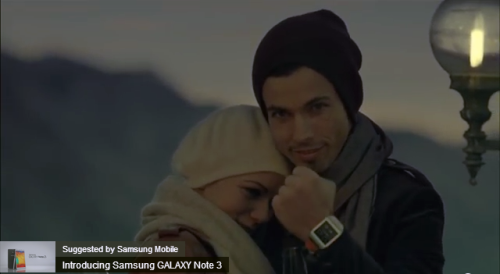A long long time ago, I was headed to Mexicali to visit a coworker. I asked him if he wanted anything from stateside.
I like import beers, he said.
I don’t drink (yeah, I’m a lot of fun at parties), and reasonably assumed that to a Mexican, import covered anything north of Corona and Tecate.
I dropped into a store and picked up a 6-pack of Budweiser.
I have since learned that Budweiser is the nectar of frat boys and trailer trash. But it’s also the most valuable alcohol brand in the world. Here’s how they did it:
There’s a common marketing misconception that sex sells. Maslow theorized a hierarchy of needs in which humans must fulfill lower-level requirements before they are motivated by the levels above.

Carnal marketing targets our physiological needs because it’s easy – these needs are universal. As a result, we get explicit ads showing scantily-clad women bent over the hood of a car or wrapped around a Carls’ Jr sack.
The problem with appealing to the customer’s basest instincts is that the effect only lasts until we’re not hungry anymore. There is no emotional attachment to the brand.
That’s why Samsung’s Galaxy Gear ad was such an abject failure juxtaposed with Apple’s holiday ad.

Great marketing goes straight to the top of the pyramid. Budweiser and Apple aren’t just selling the notion of brotherhood and family and togetherness, they’re telling us they understand us. They know that we’re not terribly attractive or rich or remarkable, but we just want a best friend who won’t forget us after they’ve made it big, a family who loves us for who we are, and maybe someone to give us a hug.
Knowing that someone understands us at our vulnerable little core relieves our existential loneliness for 90 seconds, and in return we love them forever.
Maybe owning a Samsung Galaxy watch will help you hook up with the hot snow bunny, but the next morning when you’re washing the shame and regret off your body you’ll wish you’d just gone home with a Bud Light.
One thought on “We Don’t Want What We Need”